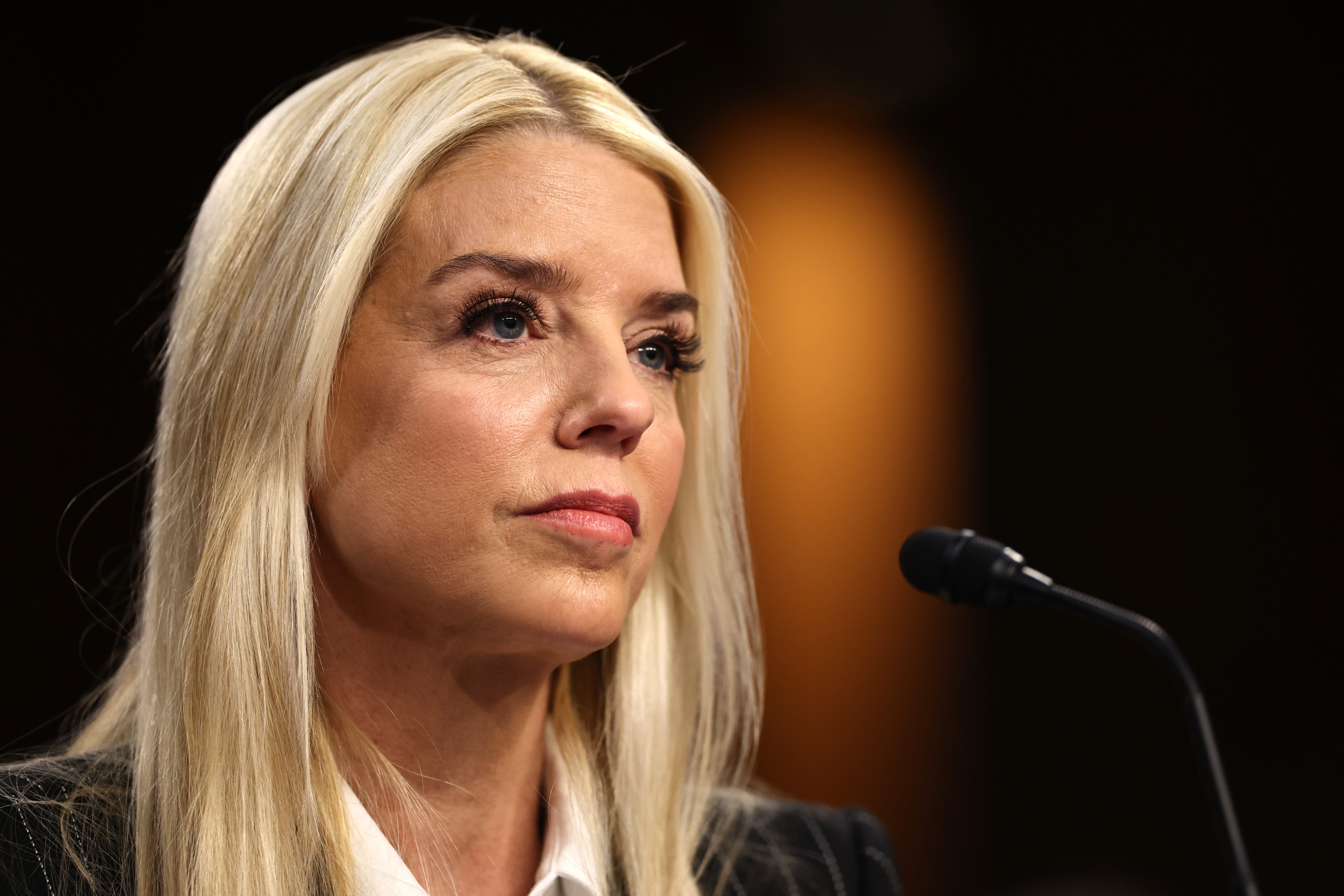24/12/2023–|Last updated: 12/24/202309:55 PM (Mecca time)
I witnessed Tunisia Today, Sunday, are the first elections for local councils in the country’s history, aiming to form a second chamber of Parliament, amid a boycott by parties of different orientations.
Polling stations closed their doors at six o’clock in the evening local time, in light of a weak voter turnout.
7,205 candidates from parties supporting the president are competing in the elections Kais SaiedAnd the independents won 2,155 seats, in order to form 279 local councils.
9 million 79 thousand and 271 voters inside the country are entitled to cast their votes in these elections, which represent the last electoral entitlement in a series of exceptional measures taken by President Saied, which created a severe political crisis.
The head of the Tunisian Election Commission, Farouk Bouaskar, announced that the participation rate in the local council elections reached 7.68% of all voters, within the first 7 hours of the start of voting.
This came in a press conference held by Bouaskar, at the headquarters of the Authority’s media center in the city of El Menzah, Tunis.
Bouaskar said that within 7 hours of the start of voting, 697,755 people participated from among all registered voters, or 7.68%. He added that the electoral process was proceeding normally and no incidents or problems were recorded.
These elections are considered the last link in the series of formation of governance institutions in accordance with Kais Saied’s exceptional measures, after the referendum on a new constitution on July 25, 2022, and the holding of early legislative elections in December 2022 and January 2023.
Political forces participate directly and indirectly in these elections, including the People’s Movement (Nasserist), the Tunisia Forward Movement (left), the Popular Movement (nationalist), and the July 25 Path Party (supporting Saied).
The members of the second council are scheduled to be inaugurated in June 2024, at the end of a complex process that combines local elections and other mechanisms.
Ultimately, the National Council of Regions and Regions will consist of 77 members, and this council will have to decide on the state budget and regional development projects.
Boycott the elections
The opposition called for a boycott of the elections, considering them “invalid and resulting from unconstitutional procedures.”
The National Salvation Front (the largest force opposing Saied and consisting of 6 parties, the most prominent of which is boycotting the elections) Renaissance movement) The Labor Party (left), the Republican Party (social left), and the Afek Tounes Party (liberal)
More than 260 Tunisian figures signed a petition against these elections, considering that “the existing authority continues to implement its political project projected onto Tunisians.”
According to the petition’s signatories, the elections constitute “an additional step aimed at weakening and dispersing local authority and making it also an obedient tool in the hands of the executive authority.”
Tunisian forces consider Saied’s exceptional measures a coup against the 2014 constitution and the consecration of absolute autocratic rule, while other forces supporting him see it as a correction of the course of the 2011 revolution that overthrew the then president. Zine El Abidine Ben Ali (1987-2011).
The head of a polling station in Tunisia said in a statement to the French newspaper – requesting that his identity not be revealed – “I have not seen a day since 2011 such a weak turnout for elections in Tunisia,” referring to the year that witnessed the start of the “Arab Spring.”
Since last February, the Tunisian authorities have arrested more than 20 opponents, including the leader of the Ennahdha movement Rashid Ghannouchi The leader of the National Salvation Front, the main opposition coalition in the country, Johar Ben Mubarak, as well as a number of former ministers and businessmen.






